Martin Parr Foundation: Curating Britain
The seminal photographer on preserving and promoting British documentary photography through his new Bristol-based foundation
A free daily email with the biggest news stories of the day – and the best features from TheWeek.com
You are now subscribed
Your newsletter sign-up was successful
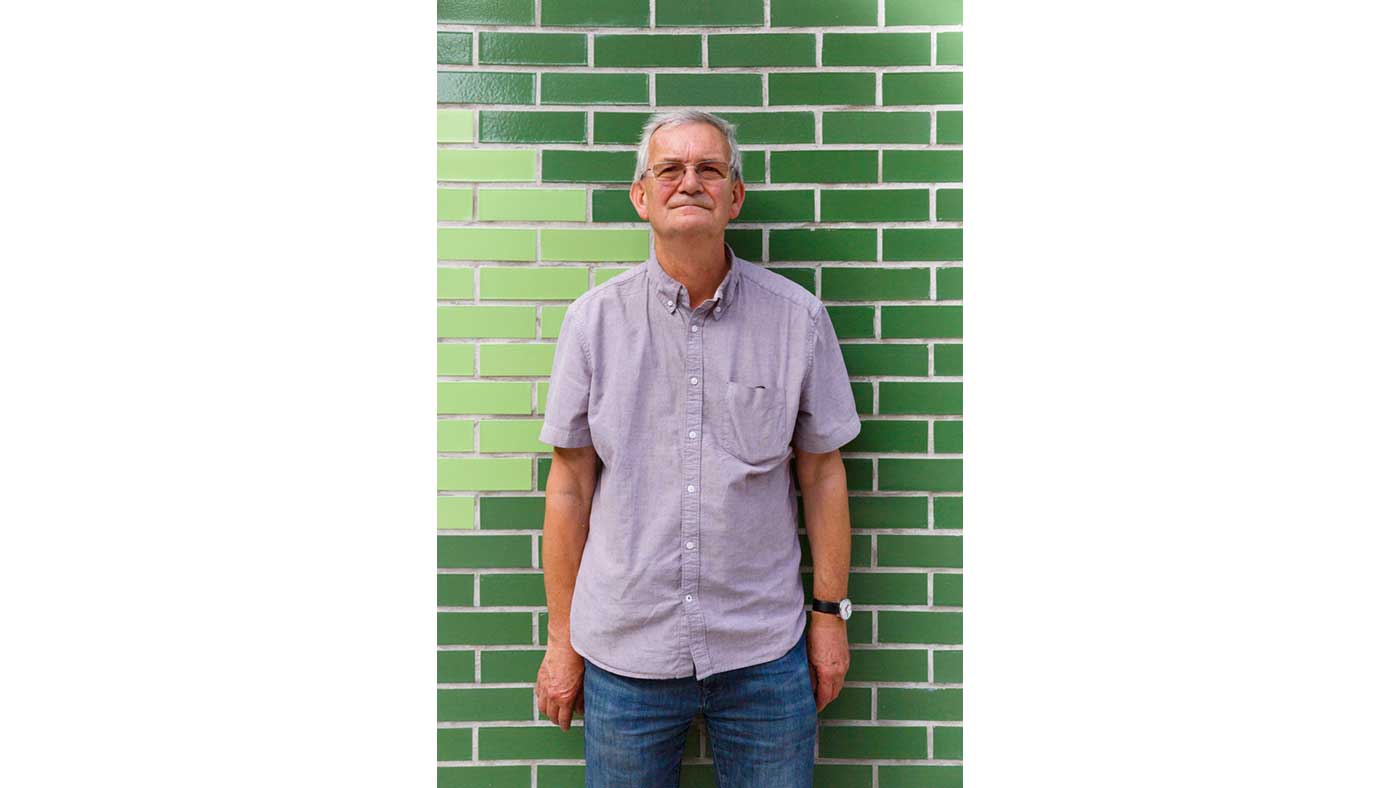
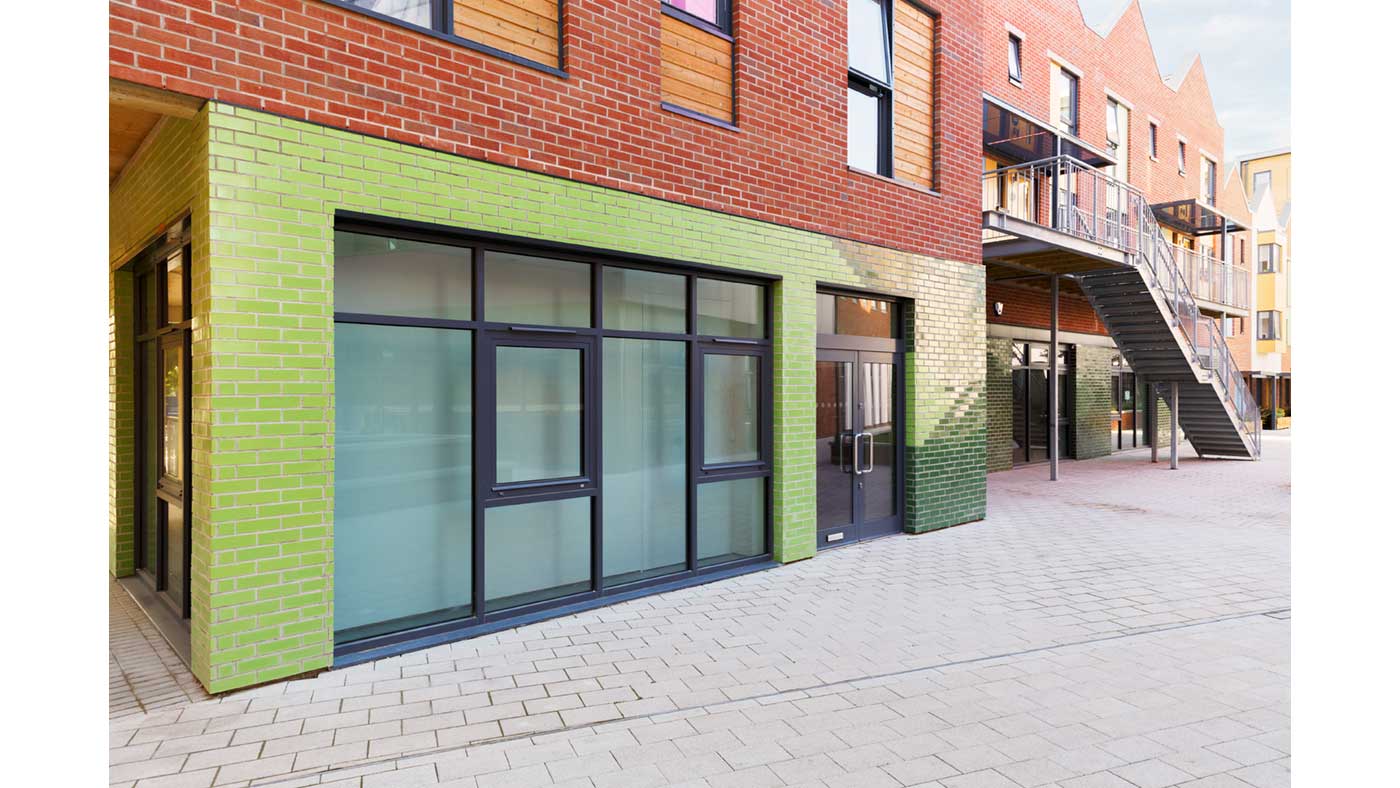
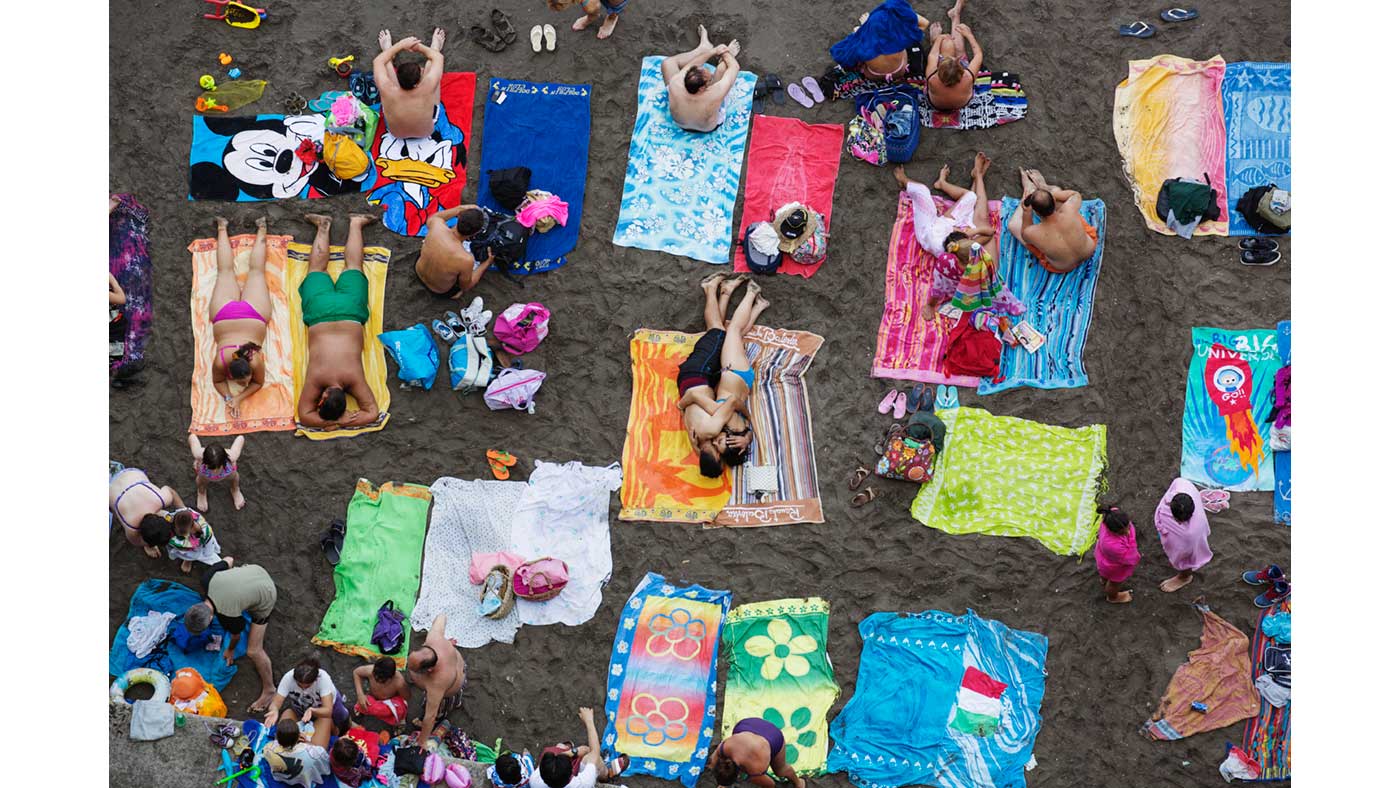
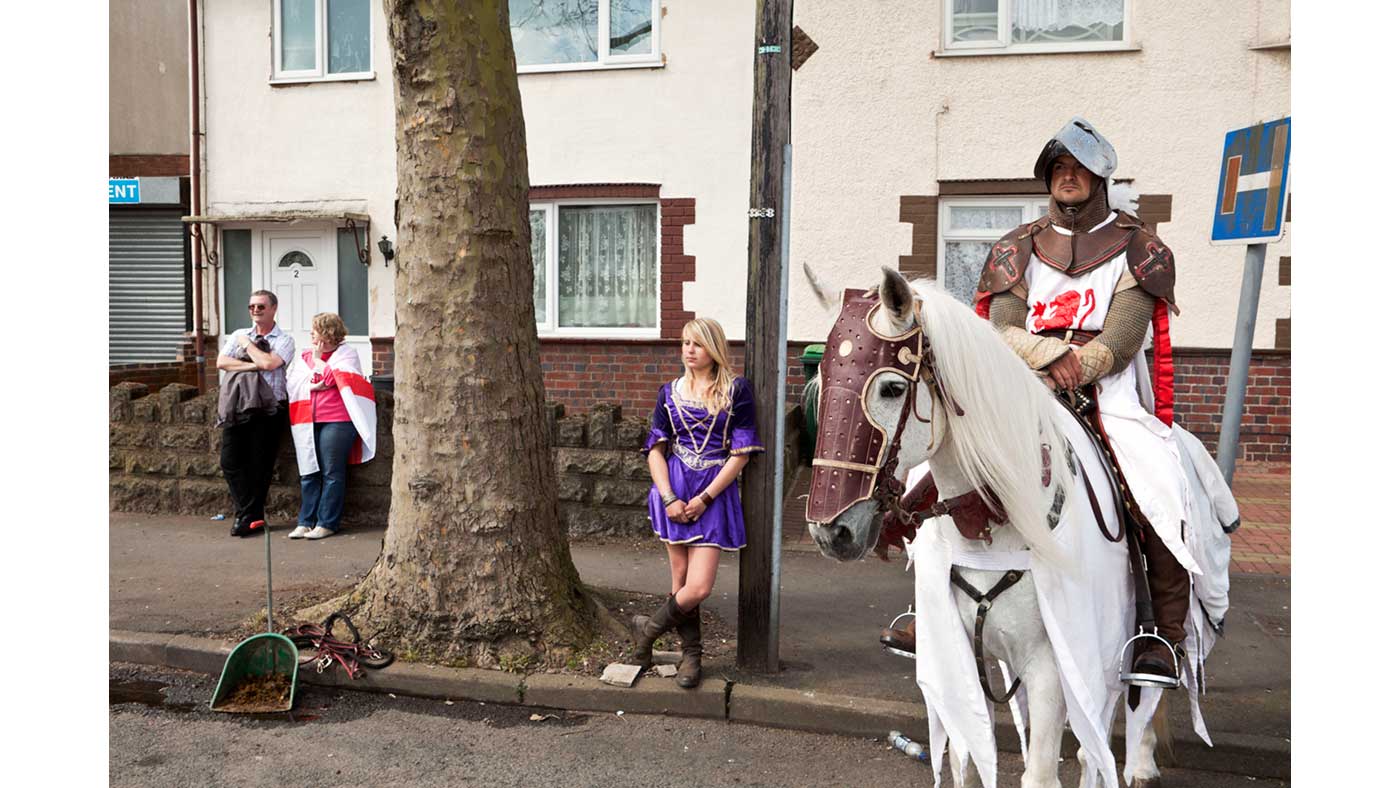
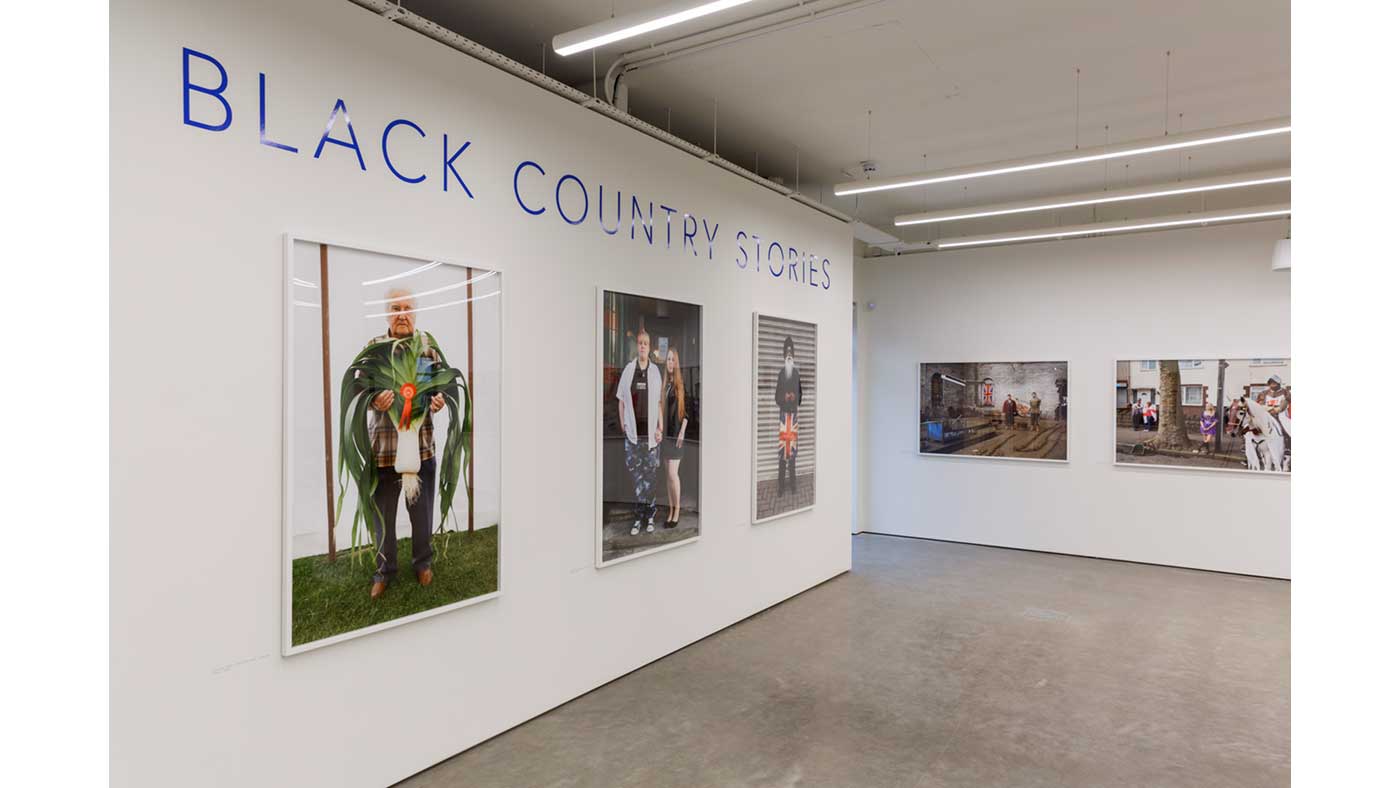
I actually set up the Martin Parr Foundation in 2014, but it is only now that I have found a home for it. I had accumulated a lot of prints from my peer group – of documentary photographers – a grouping underestimated and underappreciated in the UK. So I figured that the best way to do something intelligent and smart was to have a building in which I could look after my own archive and from there observe and build up the work of other photographers taking documentary pictures of Britain.
I wanted a building so that I could show the work and share it, have talks and disseminate it, and generally give it a boost and up its profile. Britain has a strange approach to photography, in my opinion. The art-world stars who take pictures are automatically shown – people like Wolfgang Tillmans and Jeff Wall; it's more difficult for home-grown talent that doesn't get the limelight that it deserves. When big art galleries come to selecting photographers, they tend to look at the international circuit of recognised art photographers and don't necessarily feature British documentary talent.
There are many reasons for this – I think it has something to do with a deep-rooted caution about photography that we still have in this country; we don't embrace it as they do in France or America. There is still some reluctance to see it as anything beyond a craft.
The Week
Escape your echo chamber. Get the facts behind the news, plus analysis from multiple perspectives.

Sign up for The Week's Free Newsletters
From our morning news briefing to a weekly Good News Newsletter, get the best of The Week delivered directly to your inbox.
From our morning news briefing to a weekly Good News Newsletter, get the best of The Week delivered directly to your inbox.

I know this from experience. My photographic career has flourished since I started showing and working internationally. And that really began when I joined the Magnum photographic agency, which is a global organisation. It got me known abroad. France is my best country. I will do more shows there than in any other country. My work really is more known in France than at home. In fact, over here it may well be that the thing most people will know me for now is the BBC One idents I've done that have been running this year. Under the title "Oneness", they feature idiosyncratic British groups of people, such as birdwatchers in the Rainham Marshes and llama trekkers in Armagh. I often say, "You've probably seen a Martin Parr more recently than you think," because these TV slots are on all the time.
That's not to say that things aren't getting better for photography here. Since the Tate came out and stated its intention to collect and take photography seriously in 2002, it has been showing good work. I do regard the Tate as being the big hope. Its activity has been fantastic. So when I decided to part with my collection of photography books and wanted to keep it in the UK, the Tate was the obvious candidate. I started collecting photography books when I was at college, and it was something that accelerated in the 80s, when through Magnum I was able to generate a better living. In recent years, I've been buying more expensive and rare books.
I do think photography books are important – maybe a bit like British documentary photographers, they are a bit underrated. We photographers, that's how we are educated. Usually it’s opening up a book of images that makes us want to be a photographer. Good photography books are still with us, they travel and are kept in print, whereas magazines and shows come and go.

In truth, my collection of photography books was just becoming too big to look after – there were 12,000 of them – and I was lending it out to museums around the world. And it wasn’t insured! It had effectively outgrown me and needed a new home. So I agreed that the Tate would take it, partly as a bequest, and partly as an acquisition, to help pay for my new Foundation building. This they have done; the books went to Tate Modern a few months ago.
A free daily email with the biggest news stories of the day – and the best features from TheWeek.com
What this does mean, though, is that for the Foundation I am now starting to repurchase many of the books by British and Irish photographers I owned for the library here.
The Foundation opens on Wednesday 25 October. It's in Bristol because that's near to where I live, and I couldn't afford a building in London. But also, I do think it's nice that it is outside London. It comprises an exhibition space, an auditorium, storage facilities, an office and, as I said, a library. It will be where I keep over half a million prints of my work, as well as 40 years of my negatives and magazine tear sheets.
In Britain we do all types of photography, of course, from landscape to fine art. But I would say that documentary is something we are very good at. There is a tradition of this genre in this country – indeed, a Scotsman, the filmmaker John Grierson, coined the term "documentary". This is what I want to preserve and promote.

Therefore, the Foundation will also house work by 40 other photographers – and that number will grow. This will all be work connected to Britain. So as well as many post-war British documentary photographers, I will also represent international photographers who have shot stories about the UK. This is something I explored in an exhibition I curated last year at the Barbican, called Strange and Familiar: Britain as Revealed by International Photographers.
I'm really quite catholic in my taste within this framework. My main aim will be to find and promote and collect photography by people who have been passed over – more living than dead; and so to preserve and promote British documentary photography. My long-term goal is to leave a substantial archive of images about Britain taken between the years 1970 and 20-something.
The first exhibition on show at the Martin Parr Foundation is Black Country Stories by Martin Parr, which runs until 20 January 2018. The Martin Parr Foundation is at 316 Paintworks, Whitehouse Street, Bristol BS3 4AR; martinparrfoundation.org
-
 What is the endgame in the DHS shutdown?
What is the endgame in the DHS shutdown?Today’s Big Question Democrats want to rein in ICE’s immigration crackdown
-
 ‘Poor time management isn’t just an inconvenience’
‘Poor time management isn’t just an inconvenience’Instant Opinion Opinion, comment and editorials of the day
-
 Bad Bunny’s Super Bowl: A win for unity
Bad Bunny’s Super Bowl: A win for unityFeature The global superstar's halftime show was a celebration for everyone to enjoy
-
 Nan Goldin: The Ballad of Sexual Dependency – an ‘engrossing’ exhibition
Nan Goldin: The Ballad of Sexual Dependency – an ‘engrossing’ exhibitionThe Week Recommends All 126 images from the American photographer’s ‘influential’ photobook have come to the UK for the first time
-
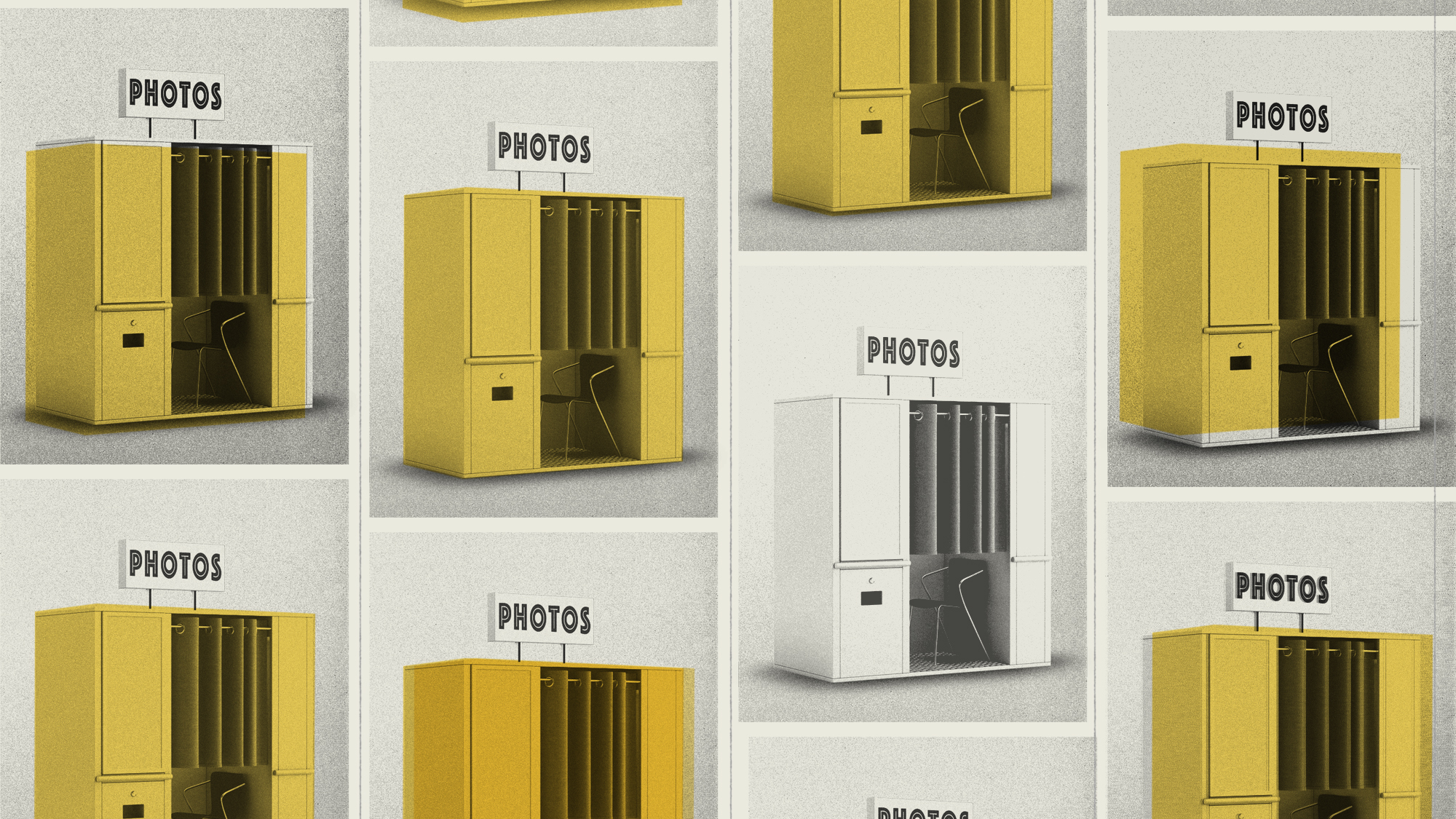 Why photo booths are enjoying a revival
Why photo booths are enjoying a revivalIn The Spotlight It’s 100 years since it first appeared, but the photo booth is far from an analogue relic
-
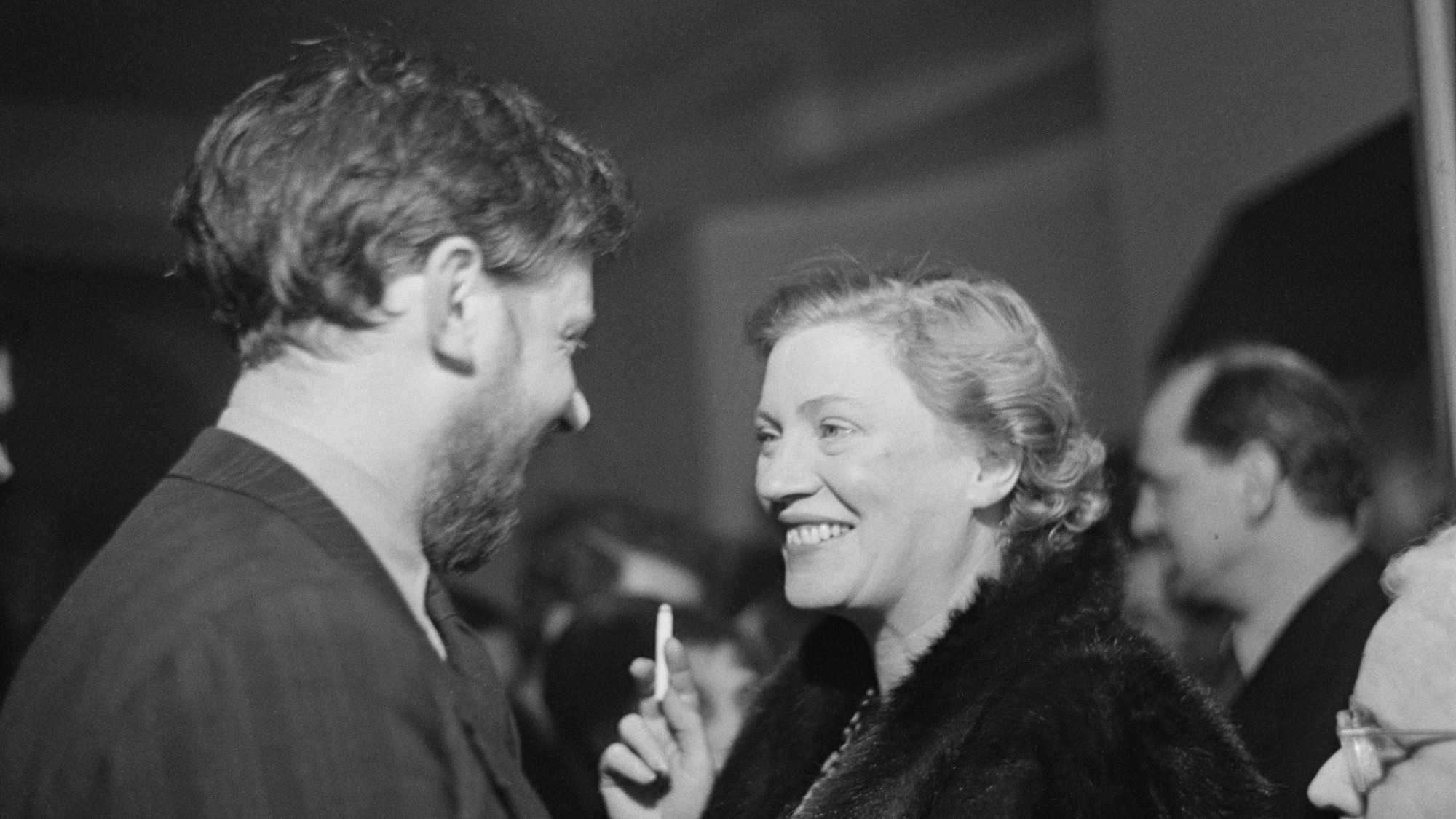 Lee Miller at the Tate: a ‘sexy yet devastating’ show
Lee Miller at the Tate: a ‘sexy yet devastating’ showThe Week Recommends The ‘revelatory’ exhibition tells the photographer’s story ‘through her own impeccable eye’
-
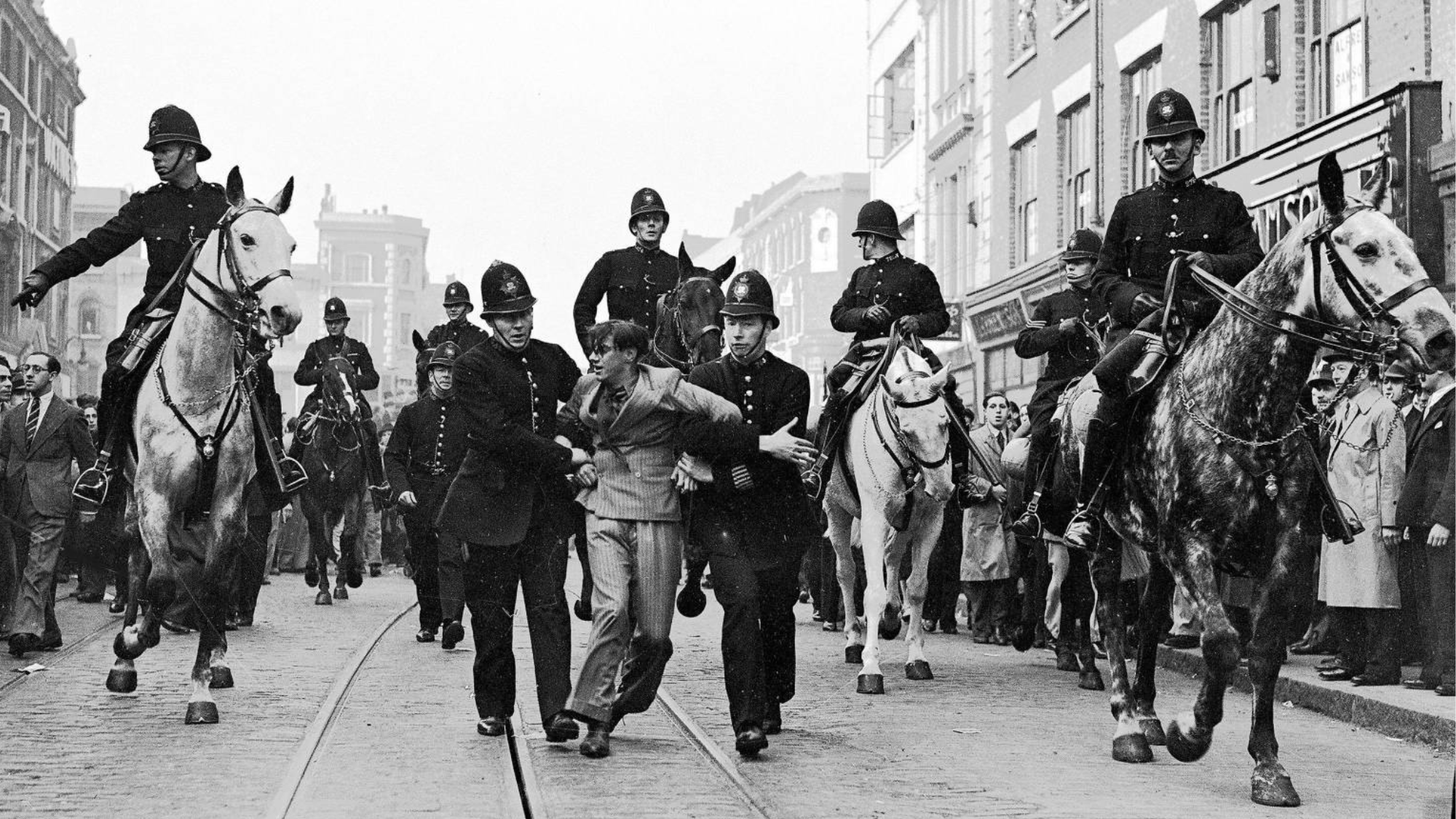 Resistance: 'compelling' show captures a century of protest
Resistance: 'compelling' show captures a century of protestThe Week Recommends Turner prizewinner Steve McQueen curates 'fascinating' photography exhibition in Margate
-
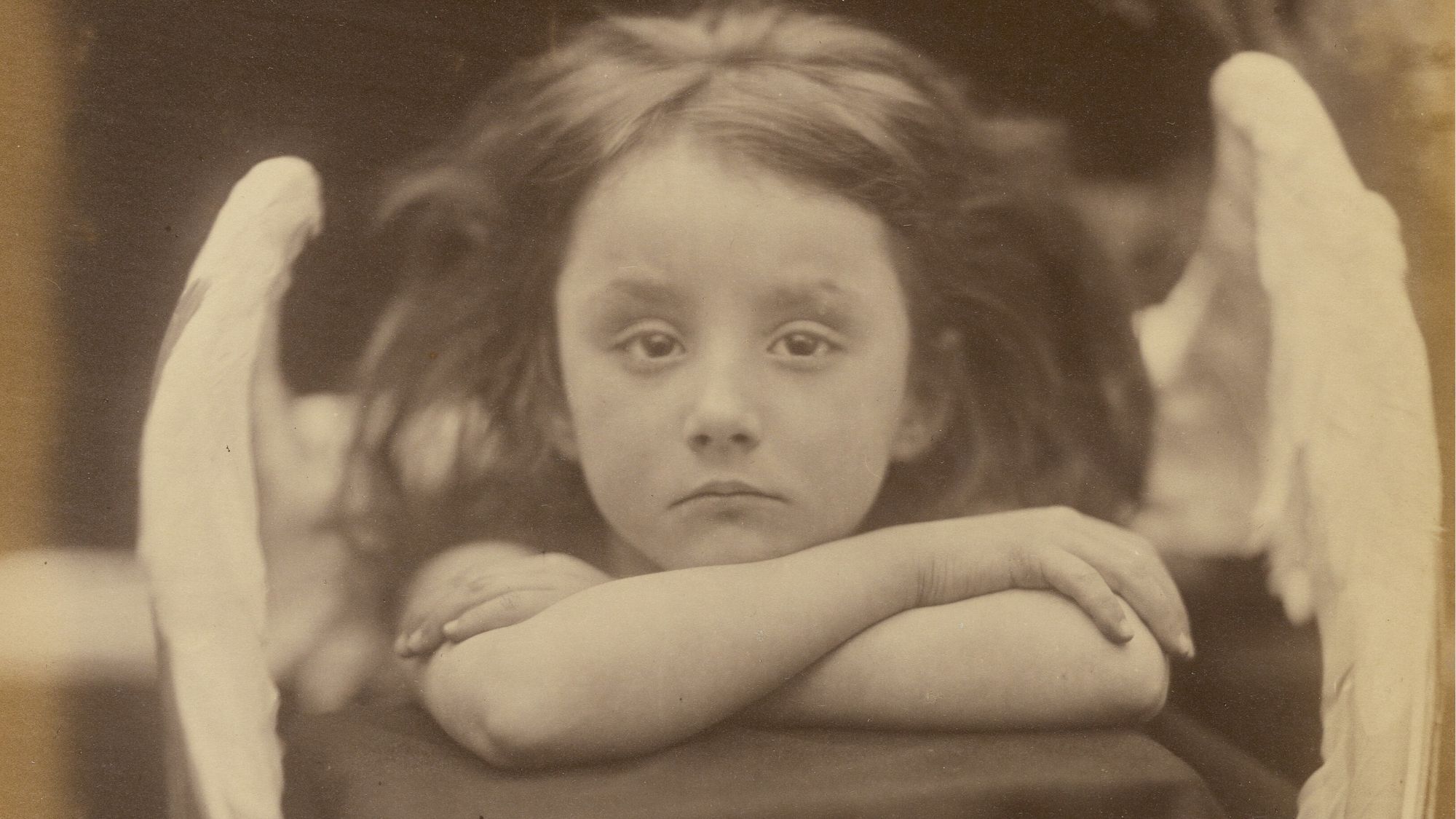 Francesca Woodman and Julia Margaret Cameron: experimental portrait photography
Francesca Woodman and Julia Margaret Cameron: experimental portrait photographythe week recommends Their careers are separated by time but joined by their shared interest in spectral, dream-like atmospheres
-
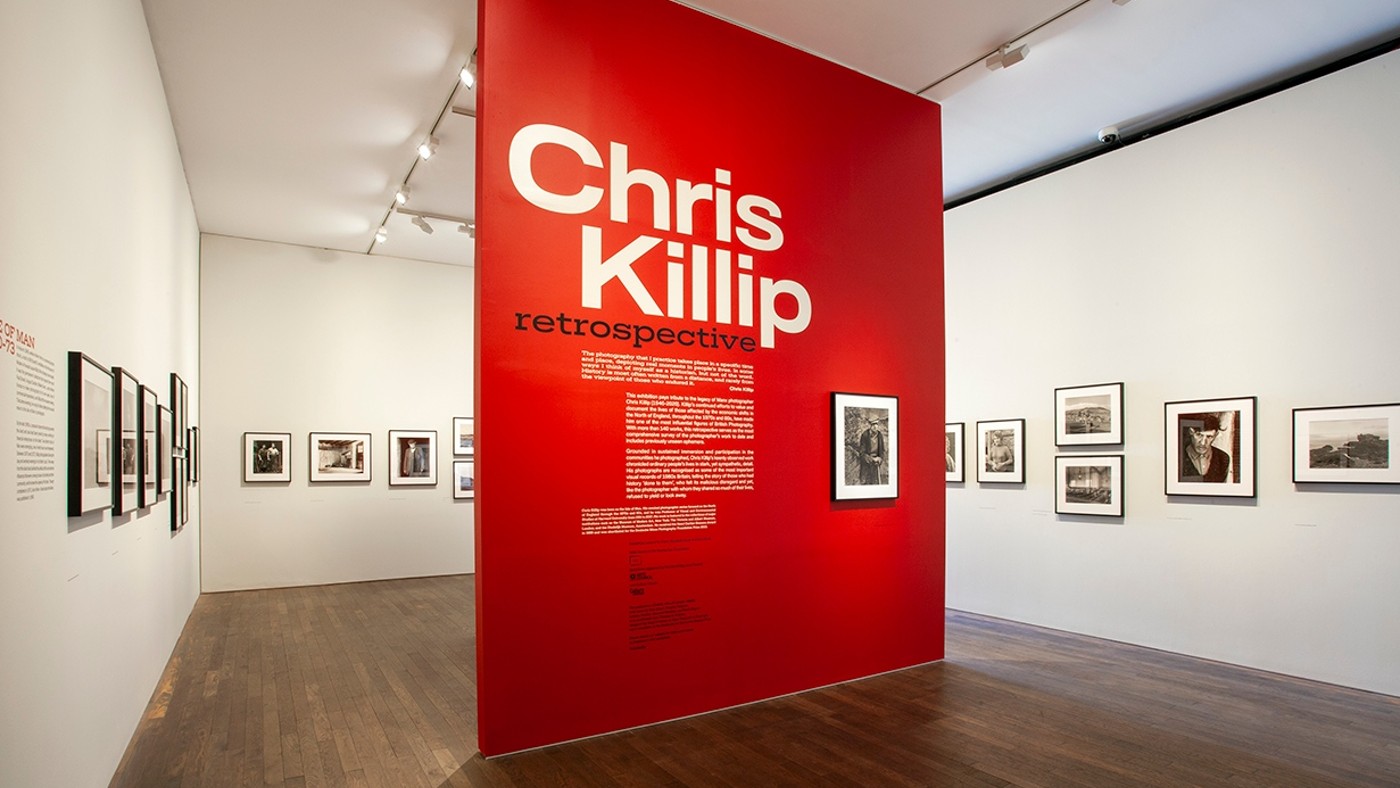 Chris Killip: Retrospective at The Photographers’ Gallery review
Chris Killip: Retrospective at The Photographers’ Gallery reviewThe Week Recommends Superb and timely exhibition features ‘beautiful and painfully moving’ images
-
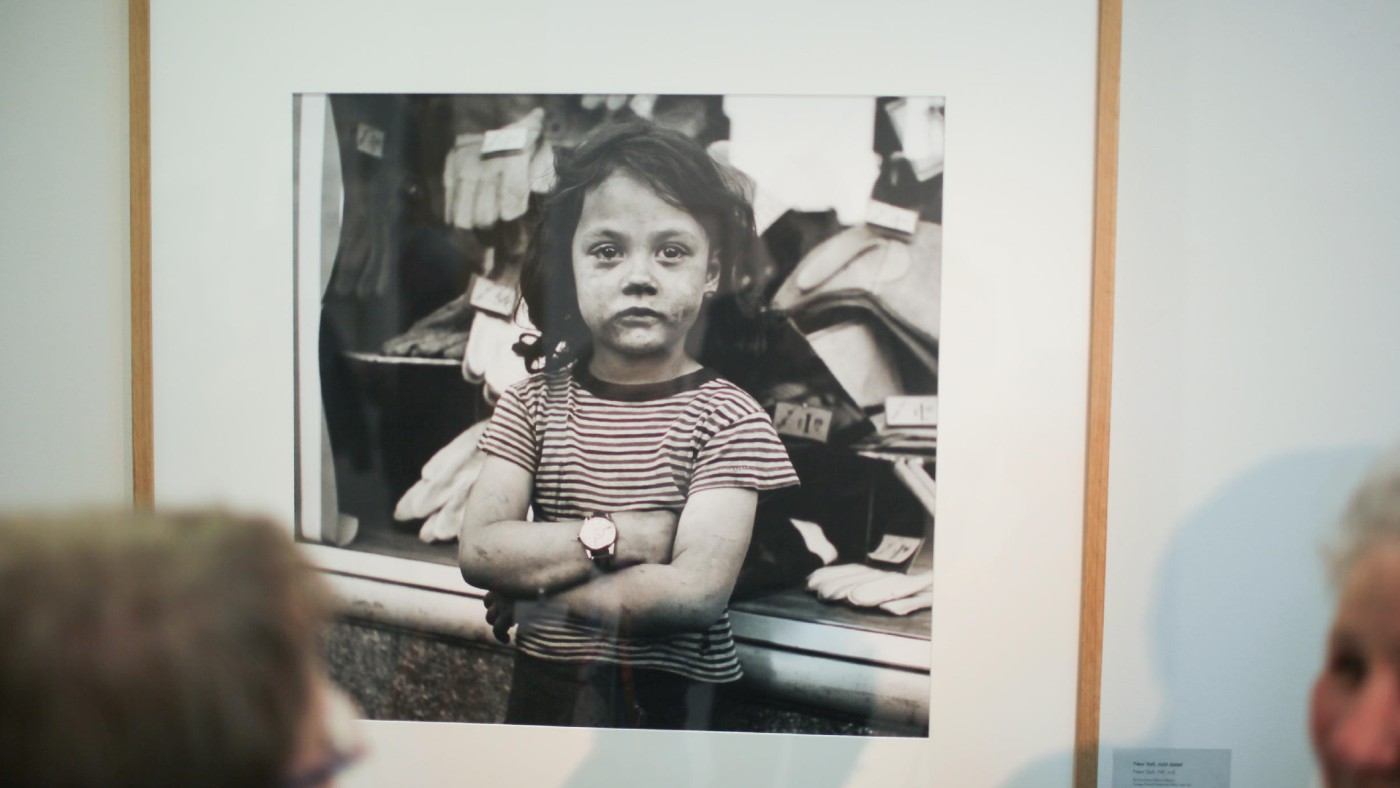 Vivian Maier: Anthology – this MK Gallery show is ‘pure pleasure’
Vivian Maier: Anthology – this MK Gallery show is ‘pure pleasure’The Week Recommends Exhibition marks first time that Maier’s photography has been shown in the UK
-
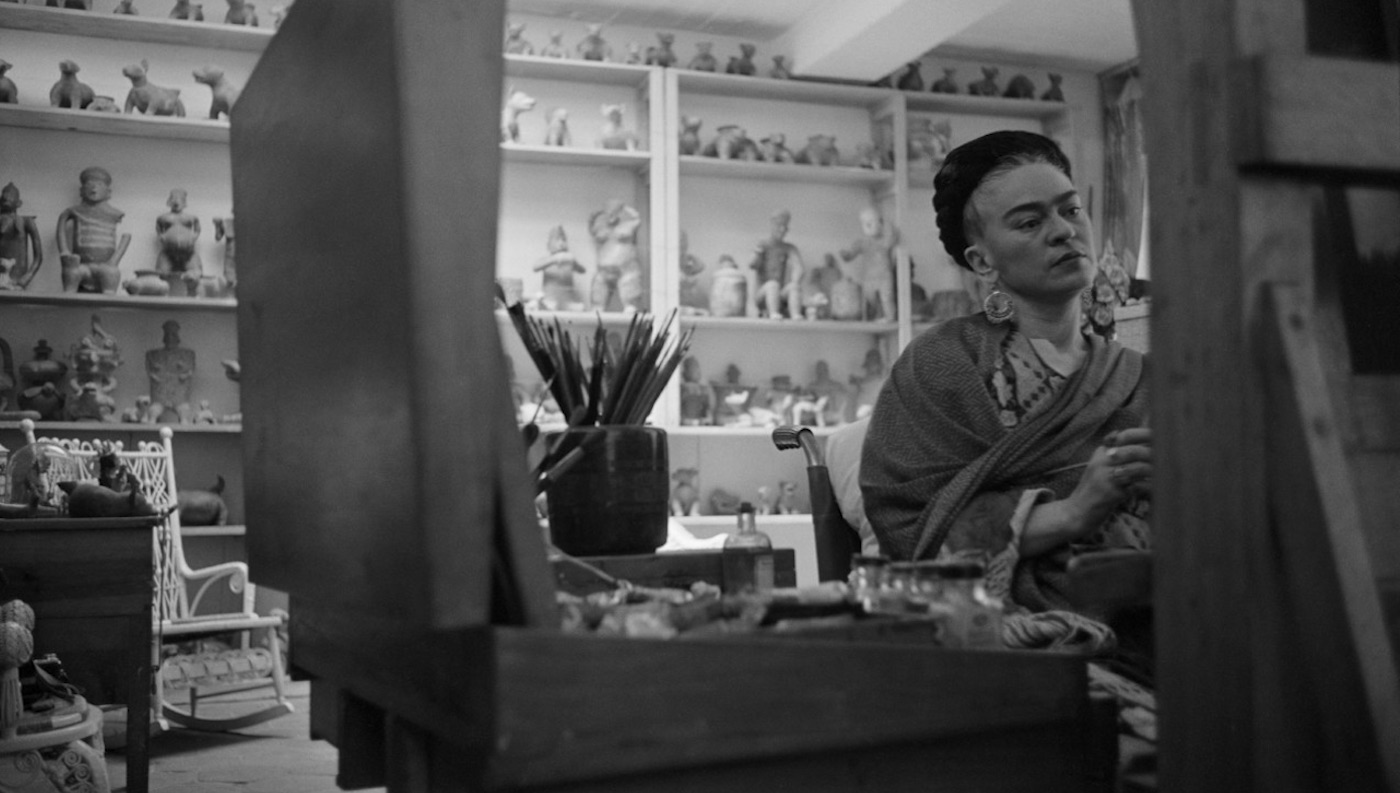 Magnum Photos: Where Ideas Are Born – 20th century art icons in their studios
Magnum Photos: Where Ideas Are Born – 20th century art icons in their studiosUnder the Radar An intimate look at modern and contemporary masters shot by legendary Magnum photographers